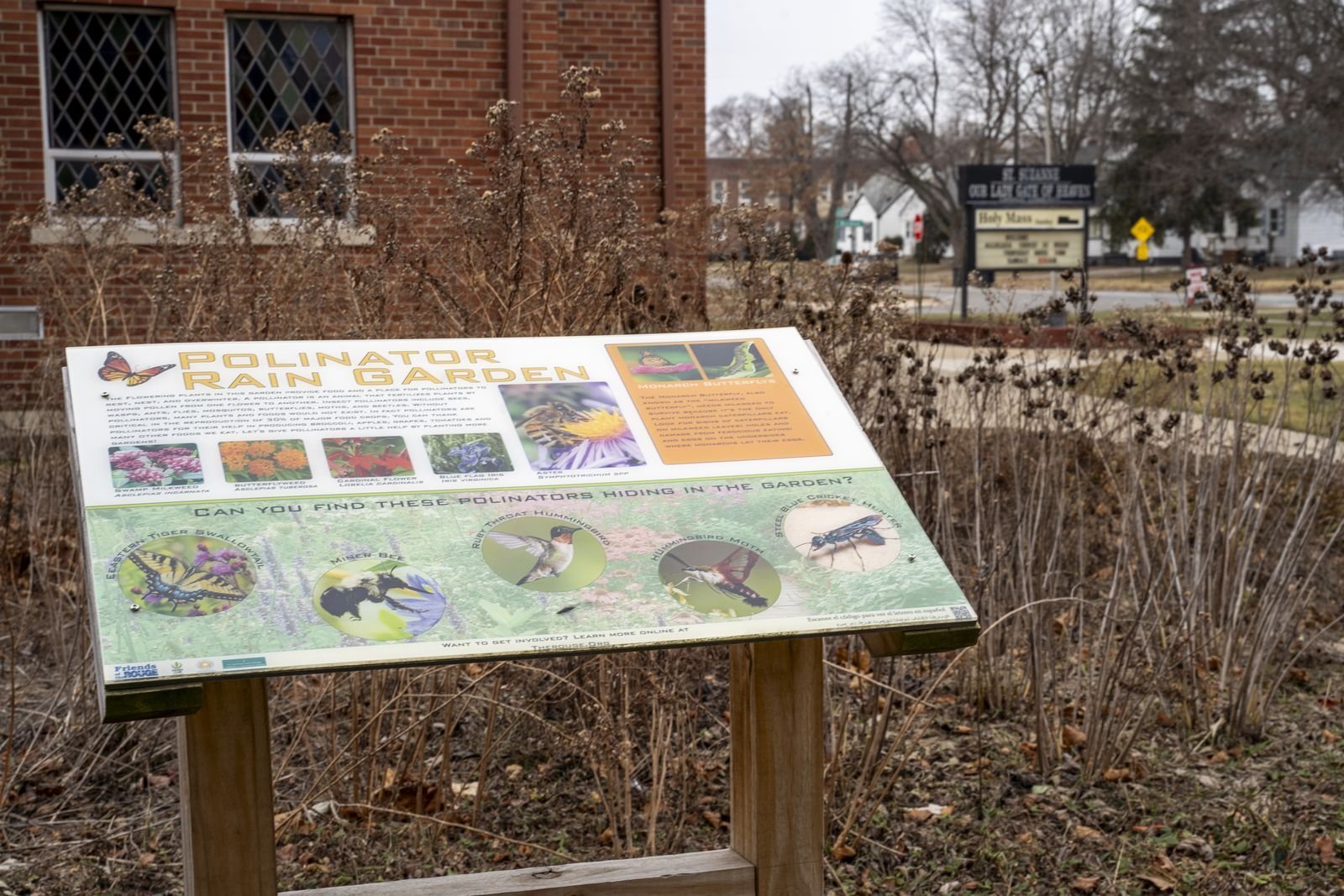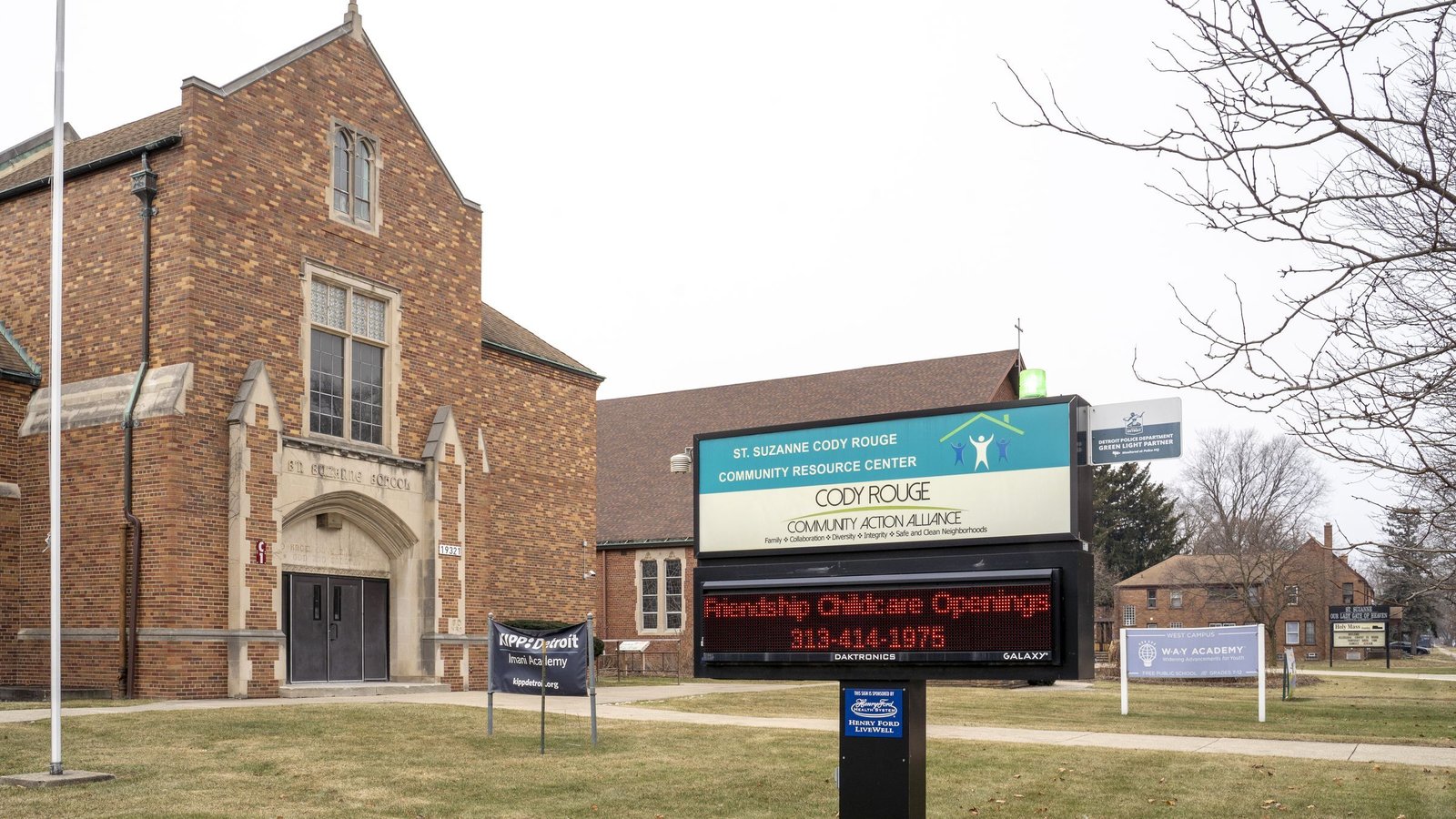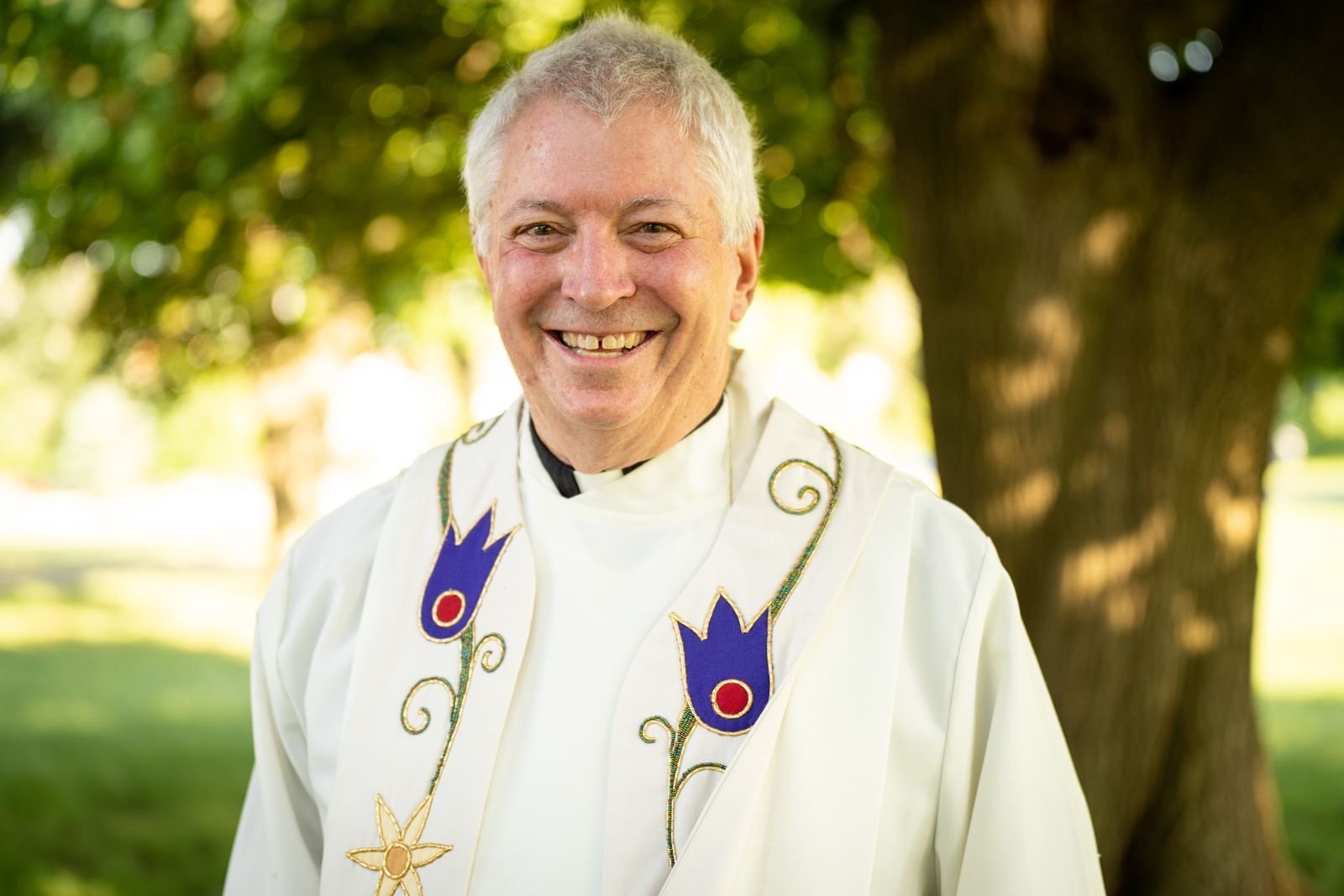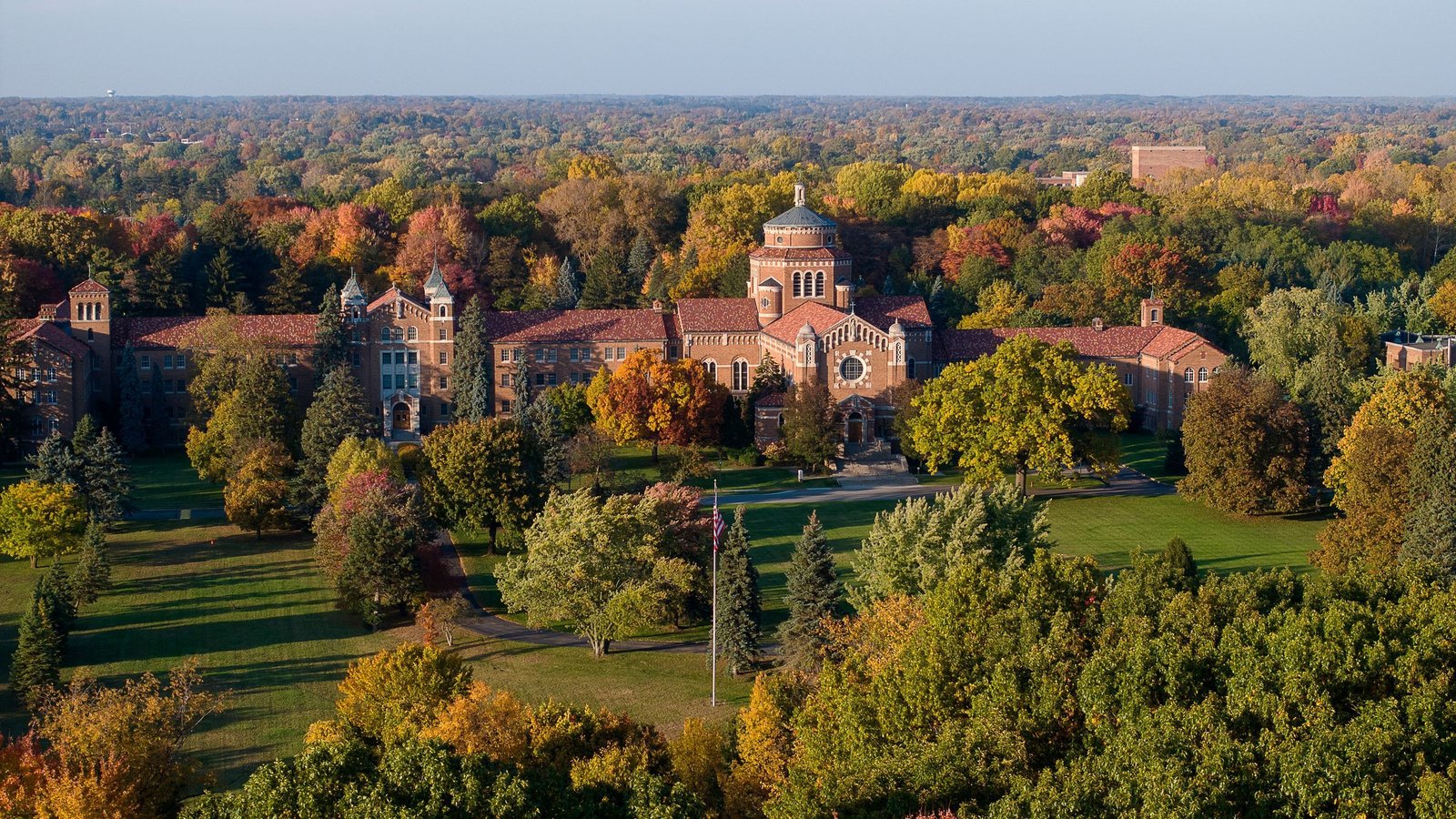Pope's landmark 2015 encyclical serves as a guidepost for Detroiters championing climate conservation, care for creation
DETROIT — In 2015, Pope Francis made history by releasing Laudato Si’, which addressed humanity's responsibility for caring for our common home — earth — and all of Christ’s creation.
The pope, who passed away on Easter Monday, April 21, called on Christians to heed the cry of the poor and the cry of the earth in the revolutionary document.
Steve Wasko, director of the St. Suzanne Cody Rouge Community Resource Center on Detroit's east side, told Detroit Catholic the landmark encyclical has become a framework to help Catholics understand the importance of environmental justice and care for both creation and for those on the margins of society.
The center, which provides assistance to the surrounding neighborhood, is currently in the process of becoming a climate resilience hub and has taken steps over the years to reduce its carbon footprint in order to better serve the neighborhood.
St. Suzanne Cody Rouge is located in a neighborhood that is prone to power outages, flooding and other weather emergencies. By prioritizing the installation of energy efficient and green infrastructure, the center can be a safe place for the neighborhood during emergency situations, Wasko told Detroit Catholic in January.
Laudato Si’ is the guidepost that has inspired community leaders when prioritizing sustainability and climate-friendly infrastructure and practices, Wasko said.


“Pope Francis’ beautiful connection of our calling to respond to the cry of the poor while at the same time responding to the cry of the earth really just summarizes our focus on environmental justice and strategy,” Wasko said. “Laudato Si’ calls us to respond to the dual impact of detrimental indifference to both the poor and to our earth, and frankly, offers some very practical strategies that Pope Francis put in place to do just that.”
Every section of Laudato Si’ can be tied right back into Scripture, Wasko said, adding he is grateful to Pope Francis for using his platform to champion our earthly home and its most vulnerable inhabitants.
Speaking from his electric car April 22 following an outdoor Earth Day Mass at Madonna University, Fr. Charles Morris said he remembers waking up in the middle of the night on May 24, 2015, to read the newly released encyclical.
Fr. Morris said the pope's impact on environmental justice is continuing to unfold, pointing to the numerous dioceses, parishes, and Catholic organizations across the country that have taken part in a Laudato Si' action plan.
Madonna University, where Fr. Morris teaches, is one of the many institutions that have embraced the vision of Laudato Si'.
As a Franciscan university sponsored by the Felician Sisters in Livonia, Madonna University has always held care for creation as an important core value, and Pope Francis' encyclical gave new vigor to the institution's environmental efforts, Fr. Morris said.
“Laudato Si' gave us more of a vision, a framework out of which you could take the next steps and take further steps in a vision,” Fr. Morris explained.


Inspired by Pope Francis' witness, the university built its new Franciscan Center, which is powered by more than 1,000 solar panels, in 2016. It's not the only Felician ministry to do so — across the country, including at the motherhouse in Livonia, Felician institutions have installed solar panels and reduced the cost of electricity, Fr. Morris said.
Fr. Morris also pointed to the charging stations for electric vehicles, the wildlife that have found a home on campus, and the workshops, classes, and nature walks that the university has hosted in the years since Laudato Si’.
Archbishop Edward J. Weisenburger, the Archdiocese of Detroit’s newly appointed shepherd, has also been a champion for the environment and has cited Pope Francis' environmental care as an inspiration in his own ministry.
In 2023, then-Bishop Weisenburger wrote an op-ed for the Arizona Daily Star titled “Climate Change and Hope,” in which he addressed environmental justice and his “profound hope” and faith in the goodness of humanity, which he said was articulated beautifully in Pope Francis’ 2015 encyclical.
“(Pope Francis) writes that in response to the climate crisis, ‘We must regain the conviction that we need one another, that we have a shared responsibility for others and the world, and that being good and decent are worth it,’” Archbishop Weisenburger wrote. “Pope Francis is a man of extraordinary hope, and I join with him in his clarion call that humanity come together in a common cause of protecting our world for future generations.”
Laudato Si’ is a reminder that we are all interconnected, Fr. Morris added.
“There are not insiders or outsiders, somebodies and nobodies,” Fr. Morris said. “There is not a dominant power; true power is collaborative, with ourselves, with one another and all of God’s creation.”
In both Laudato Si' and throughout his papacy, Pope Francis called people to look beyond themselves and material things and instead turn attention toward one's neighbors and all of creation, Fr. Morris said.
“His legacy (gave us) an integrative vision, an integral theology, of how we are interrelated to everything,” Fr. Morris said. “Laudato Si’ calls for us to see, and to see with the eyes of our hearts.”
Copy Permalink
papal transition Social justice












